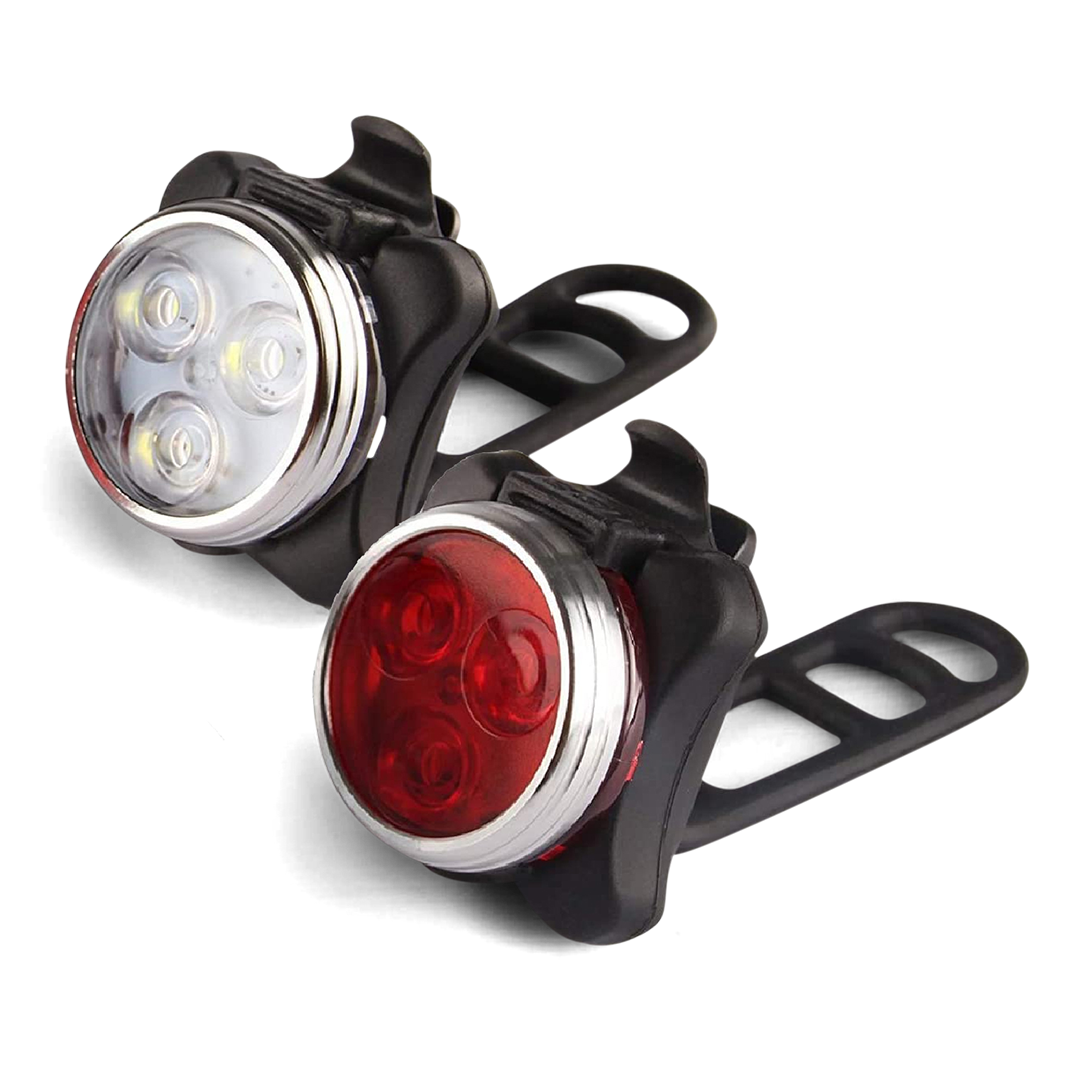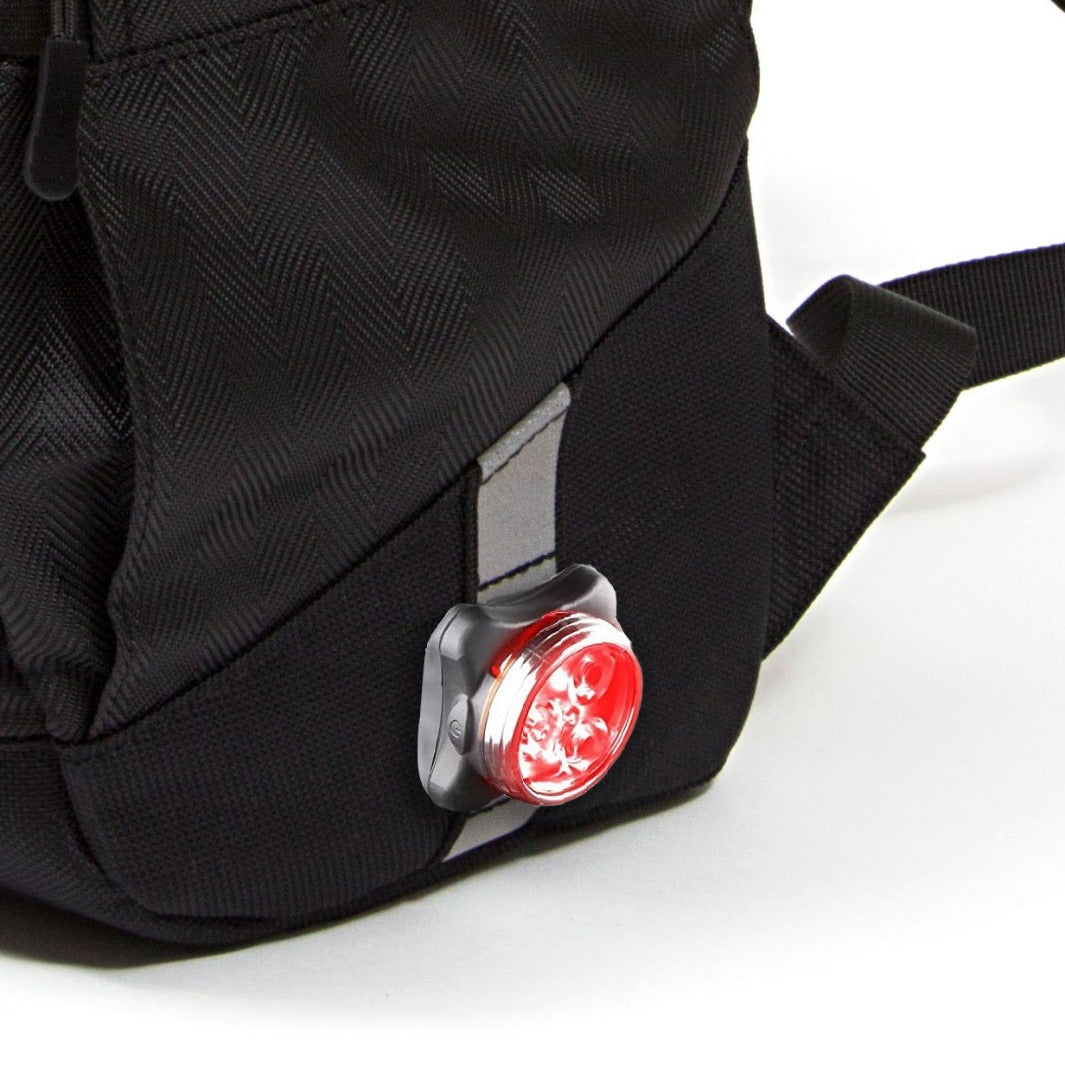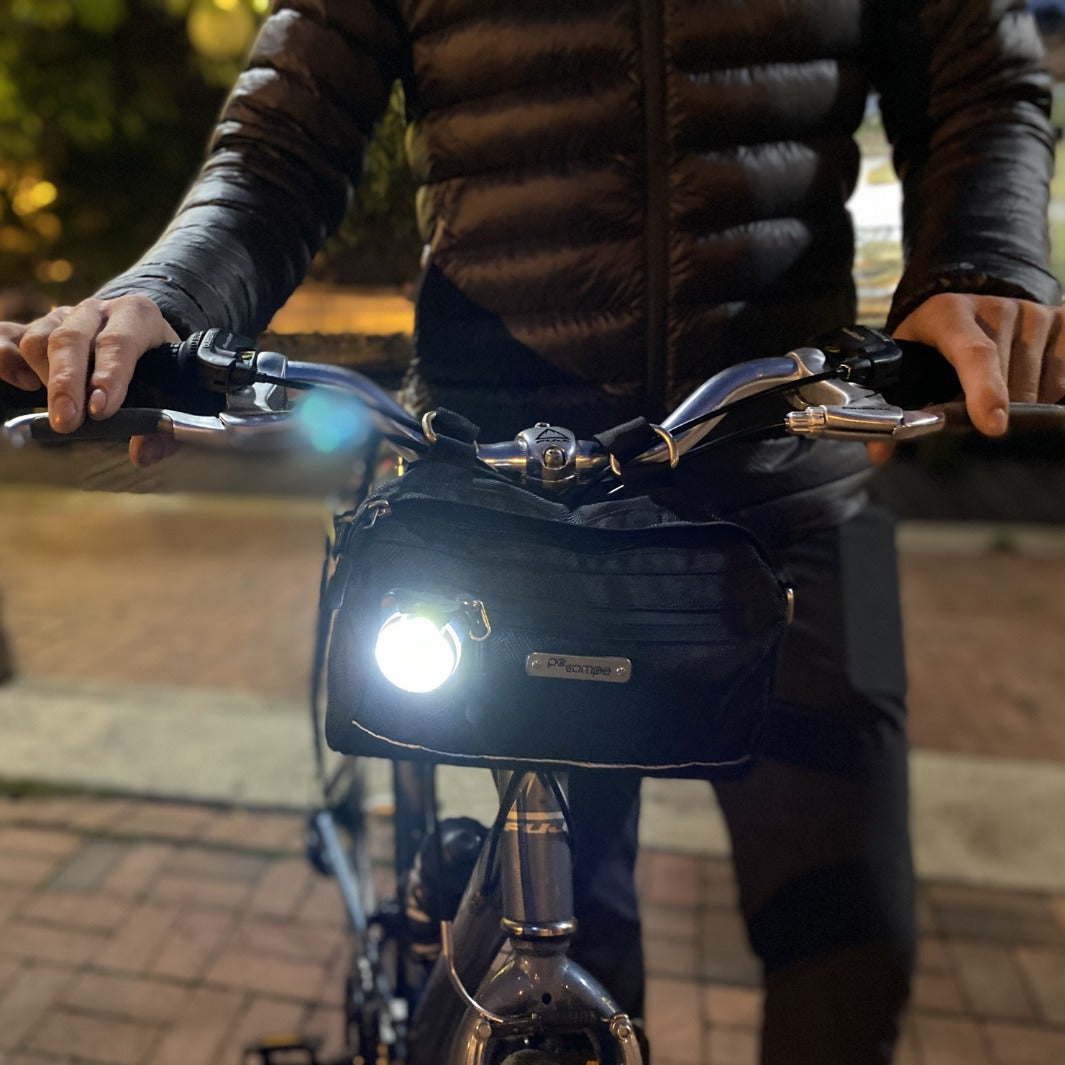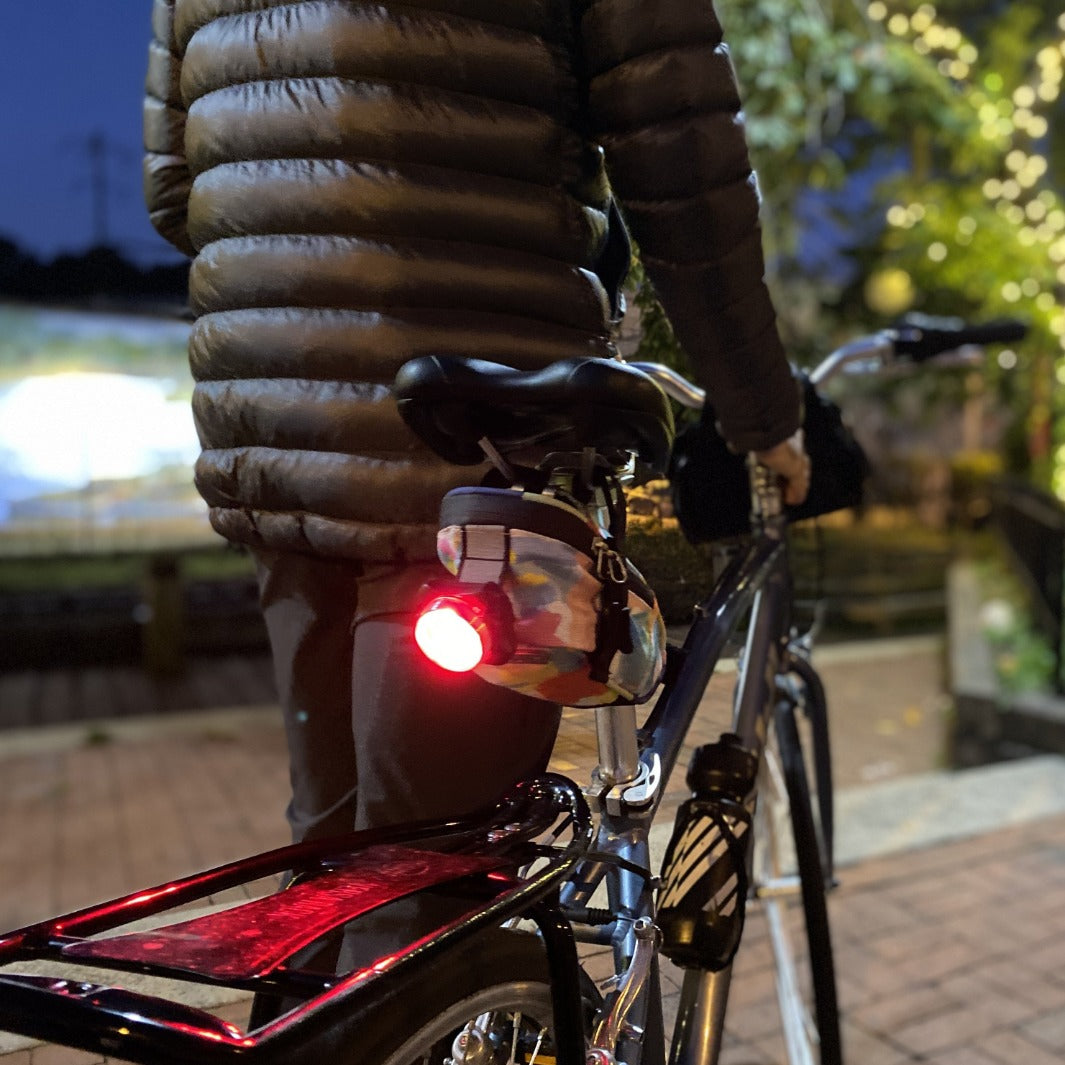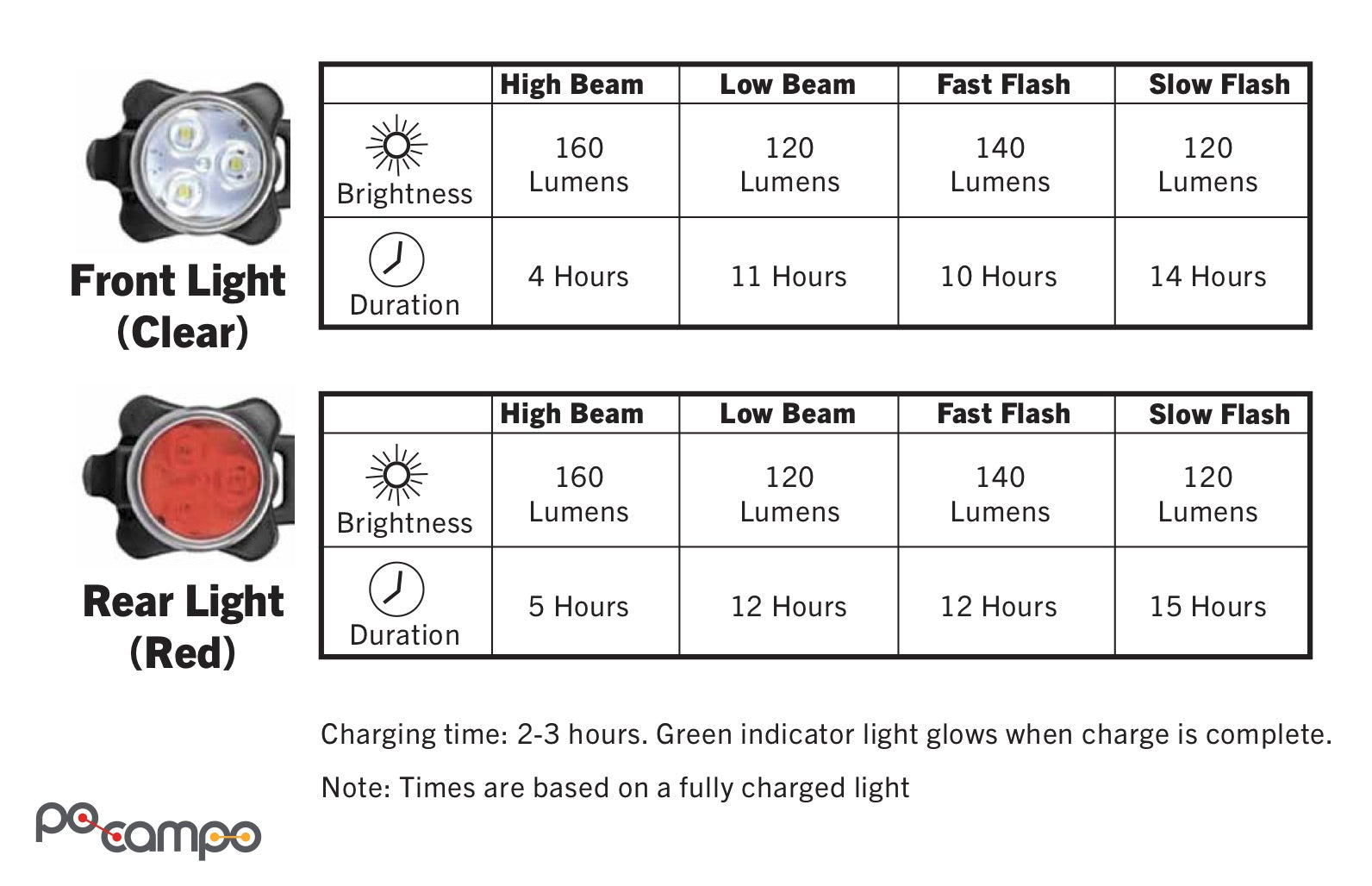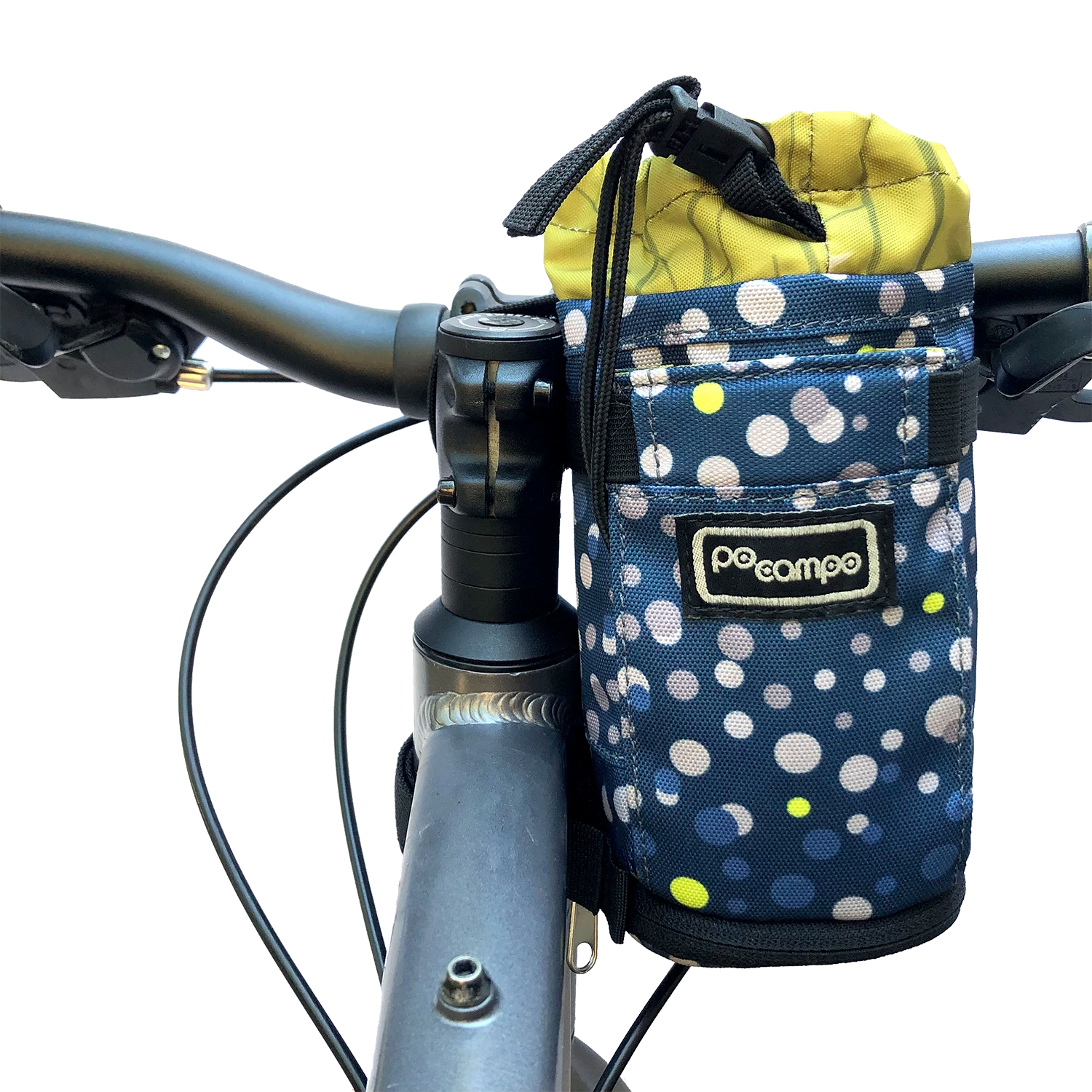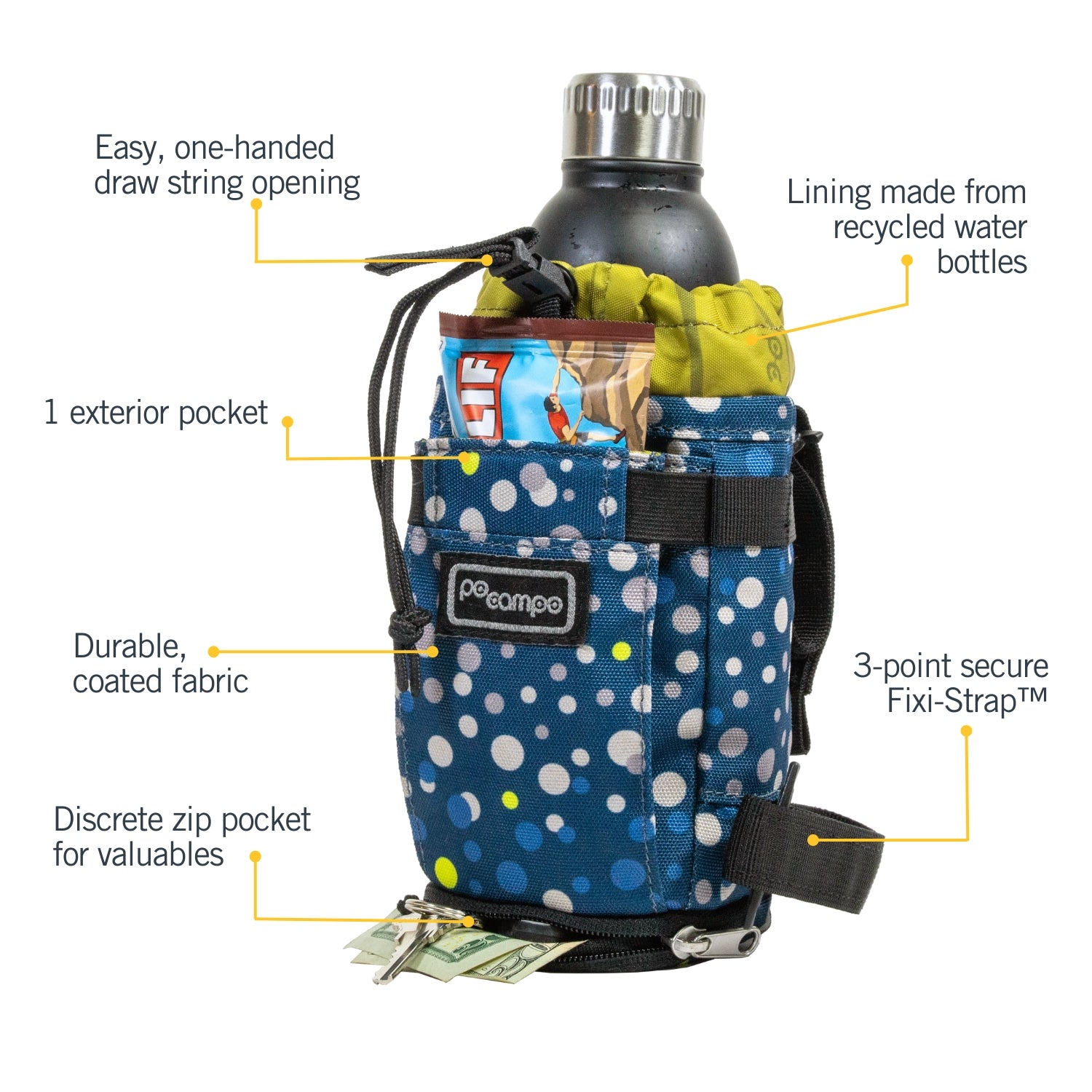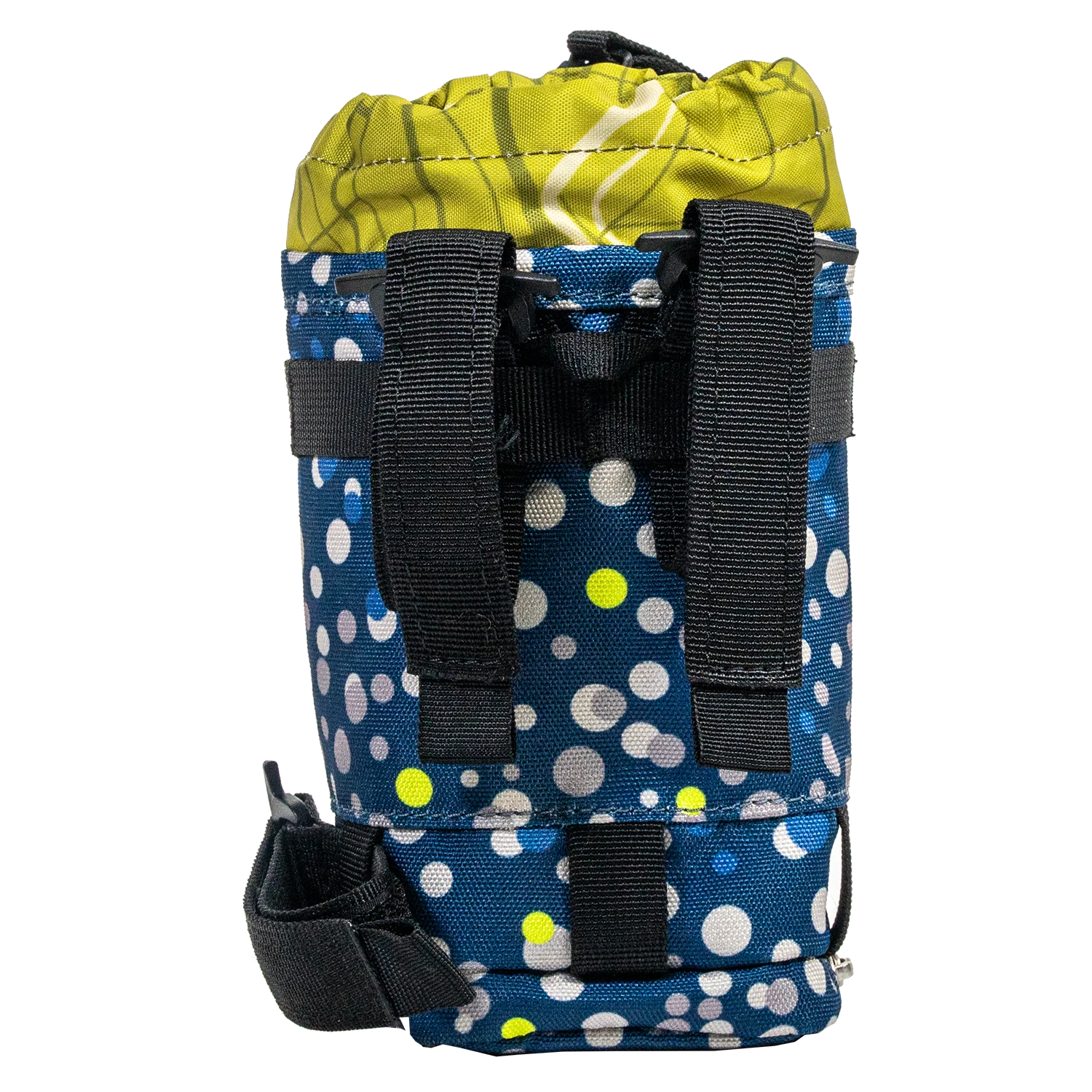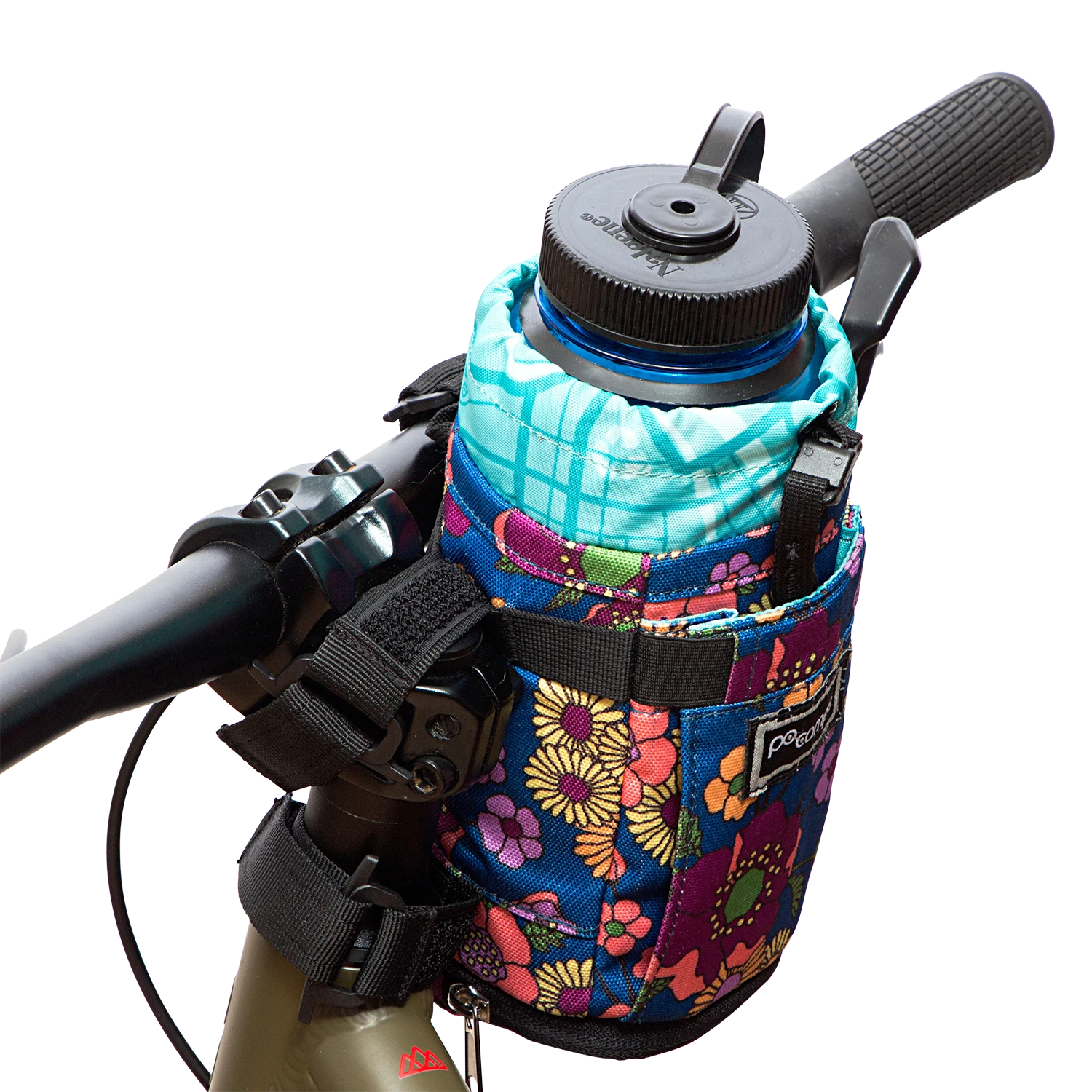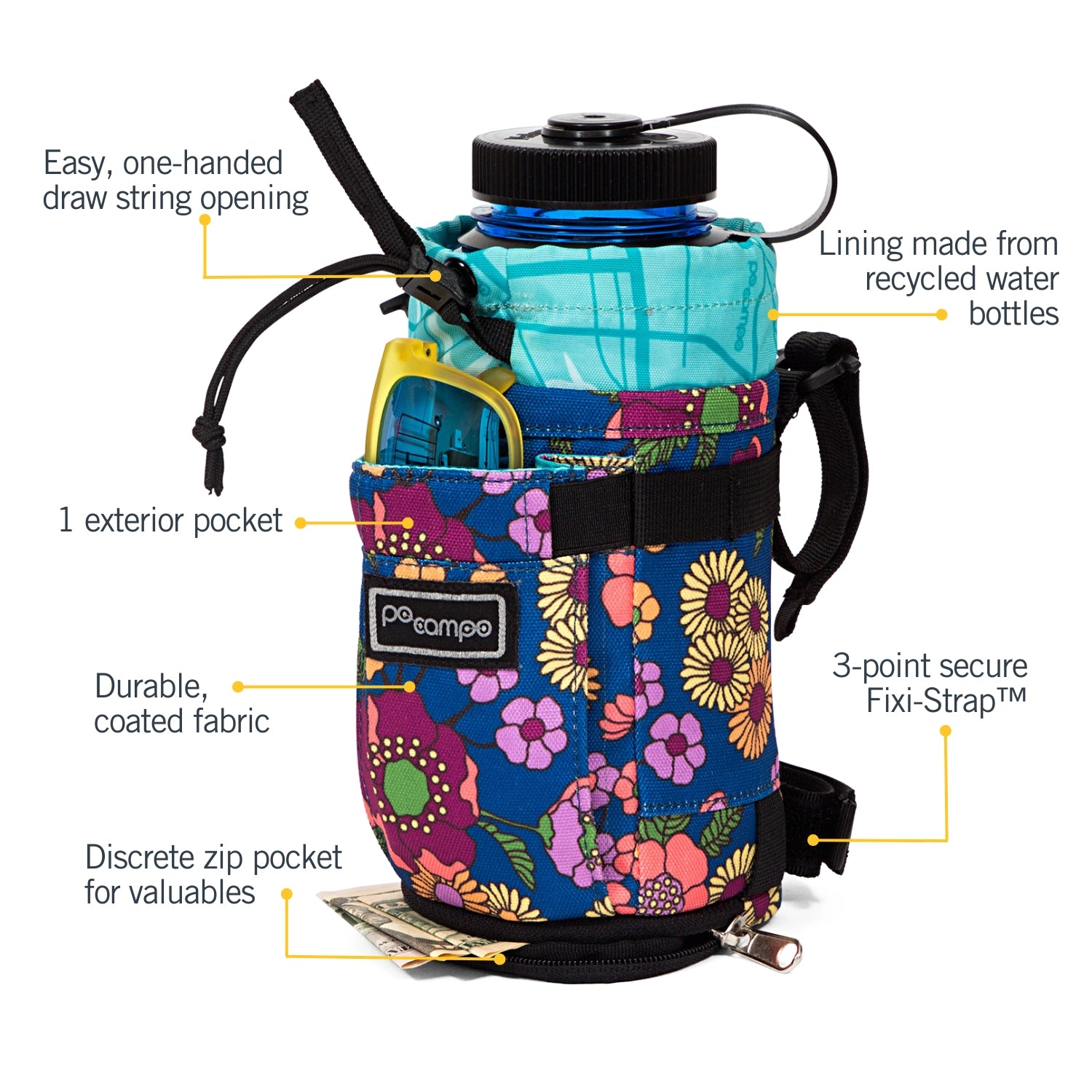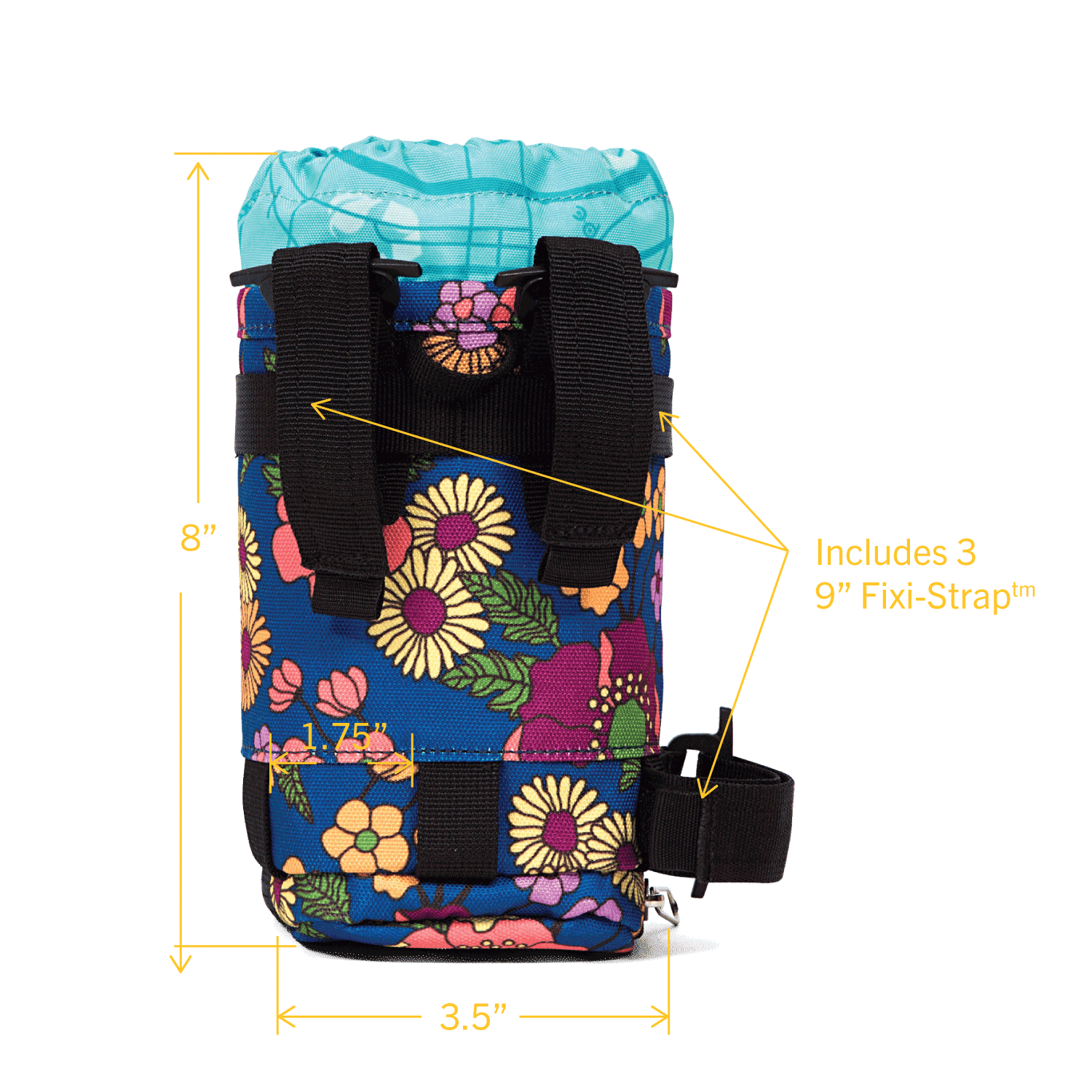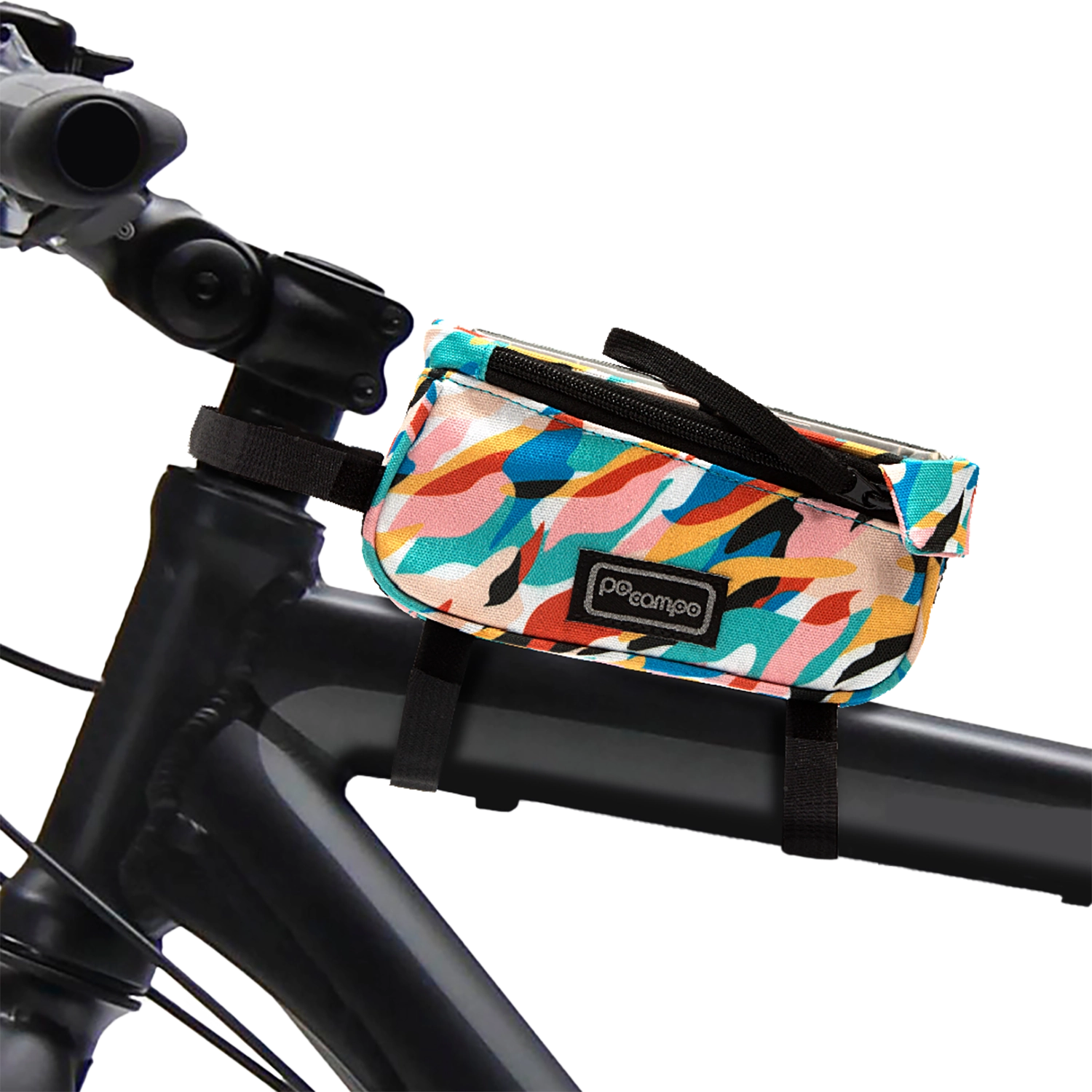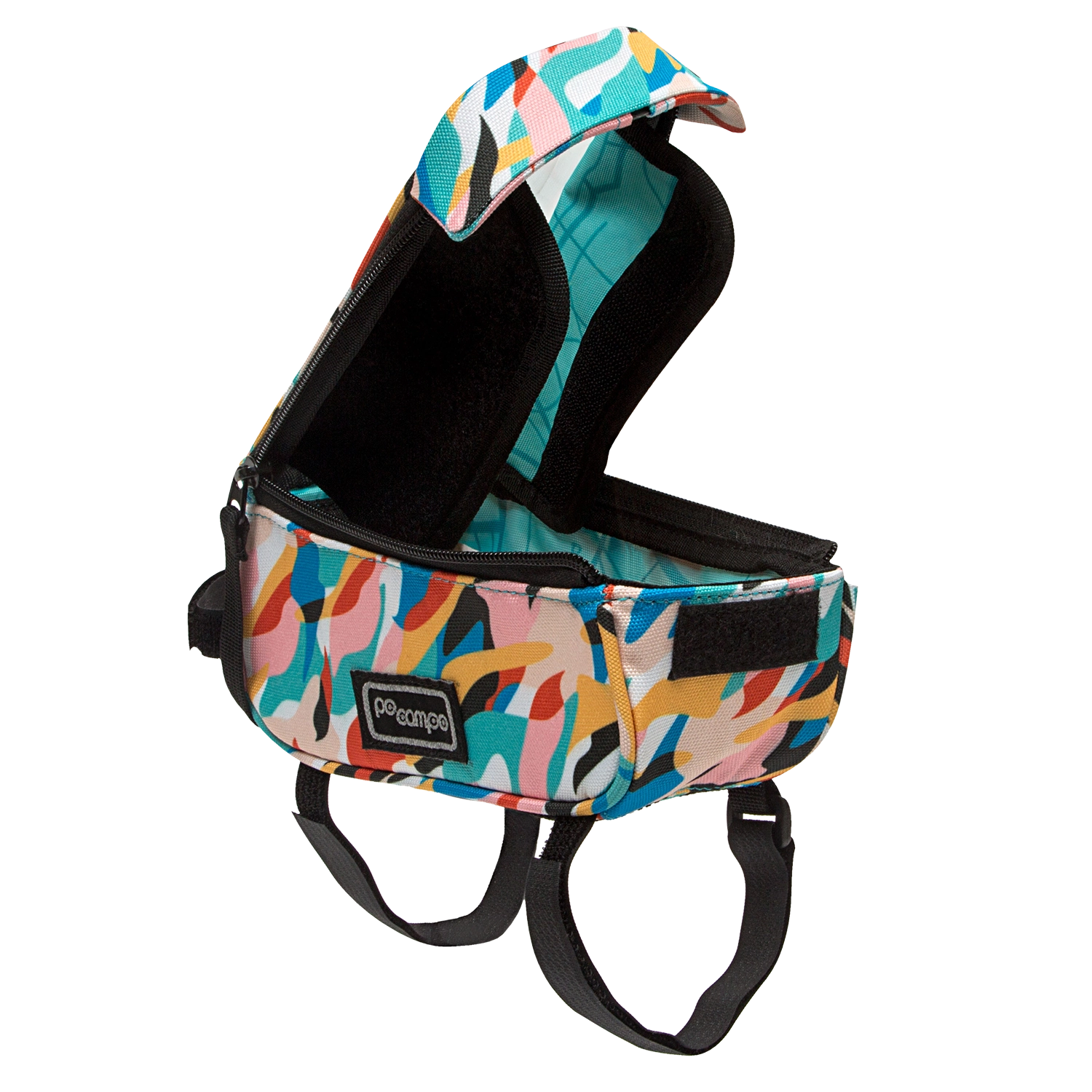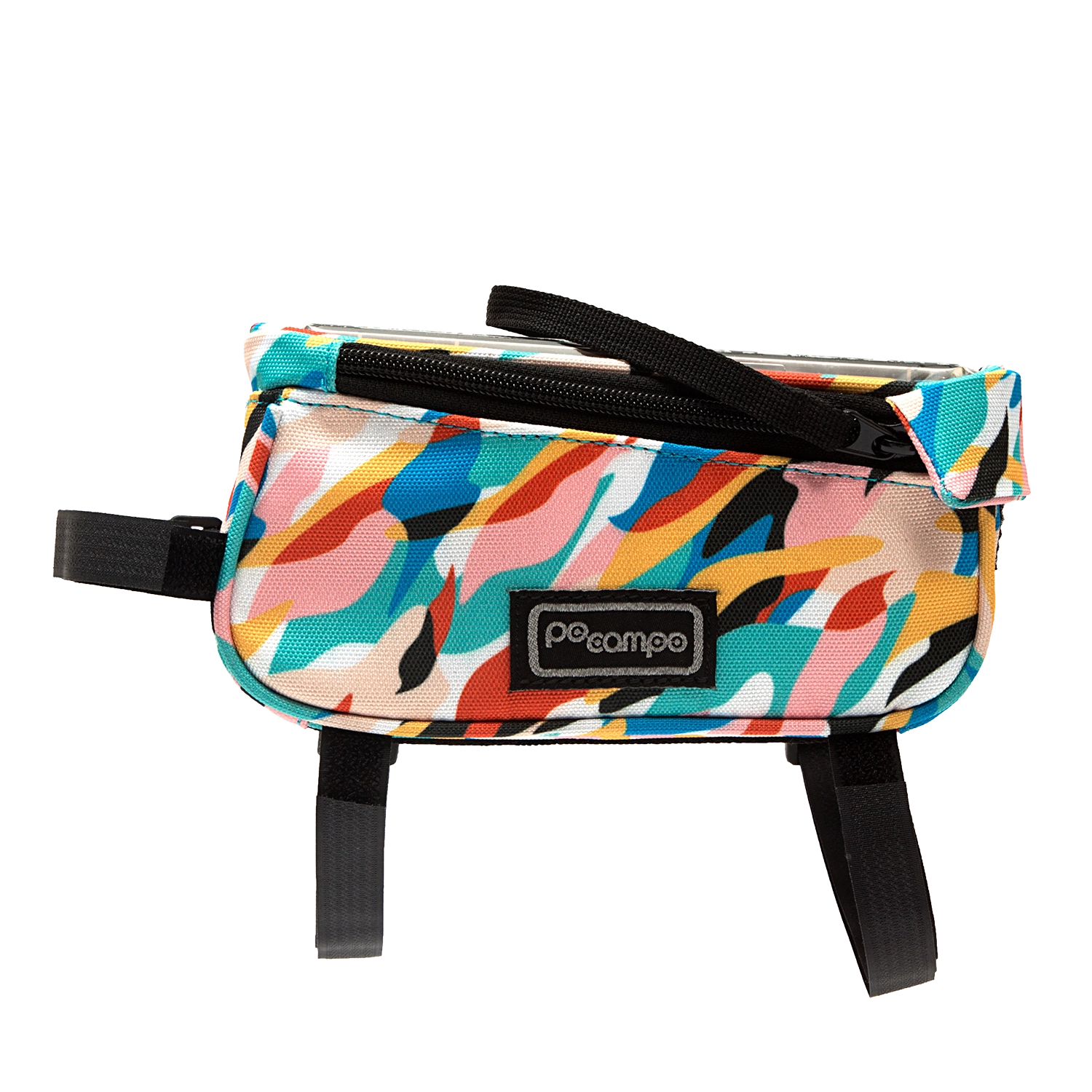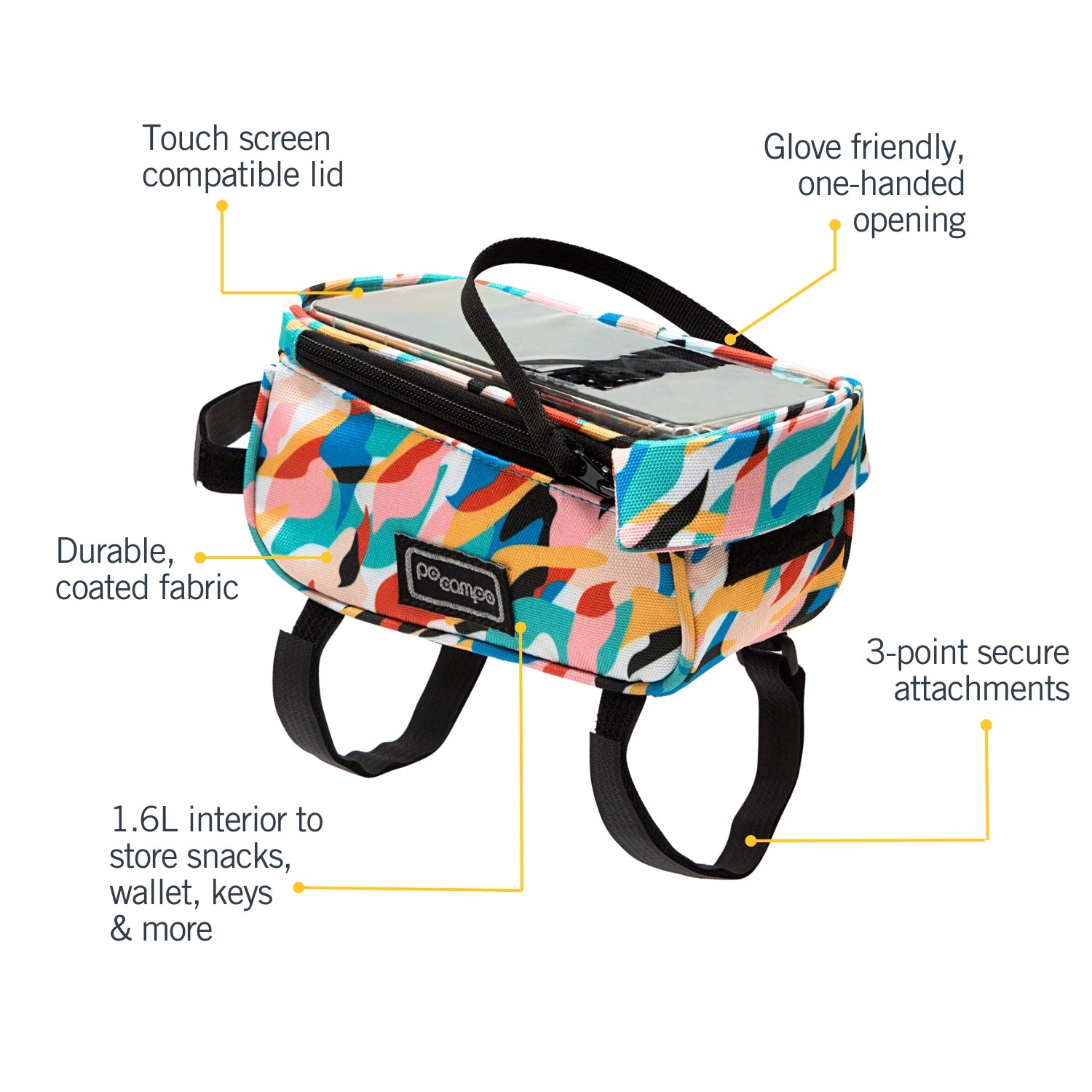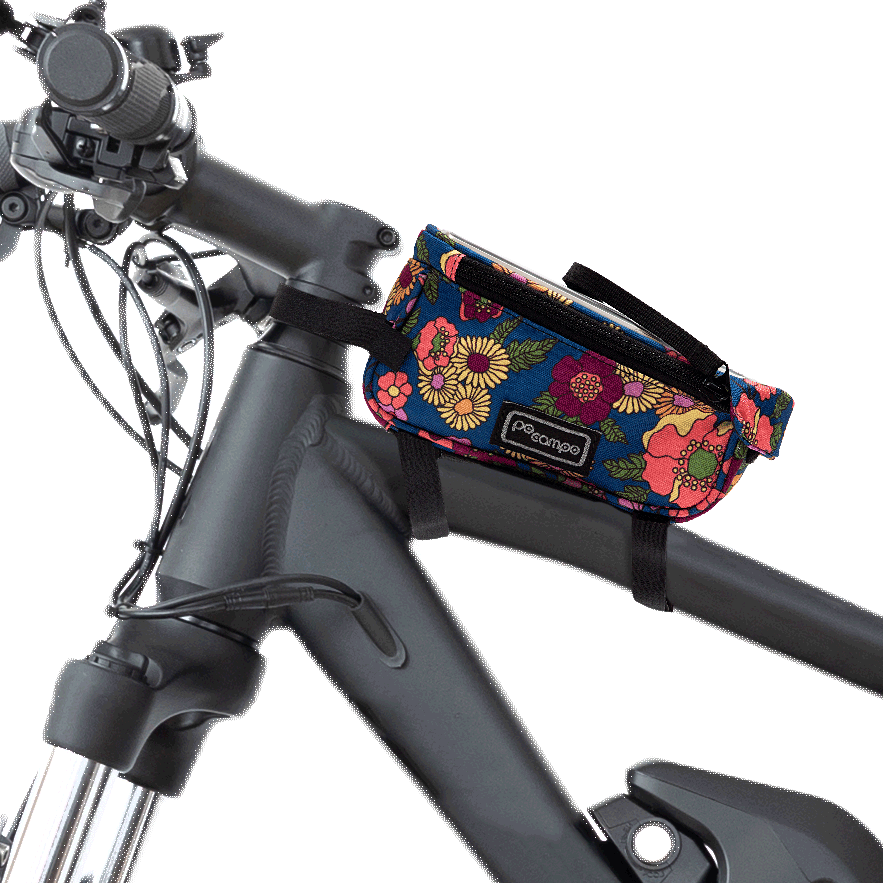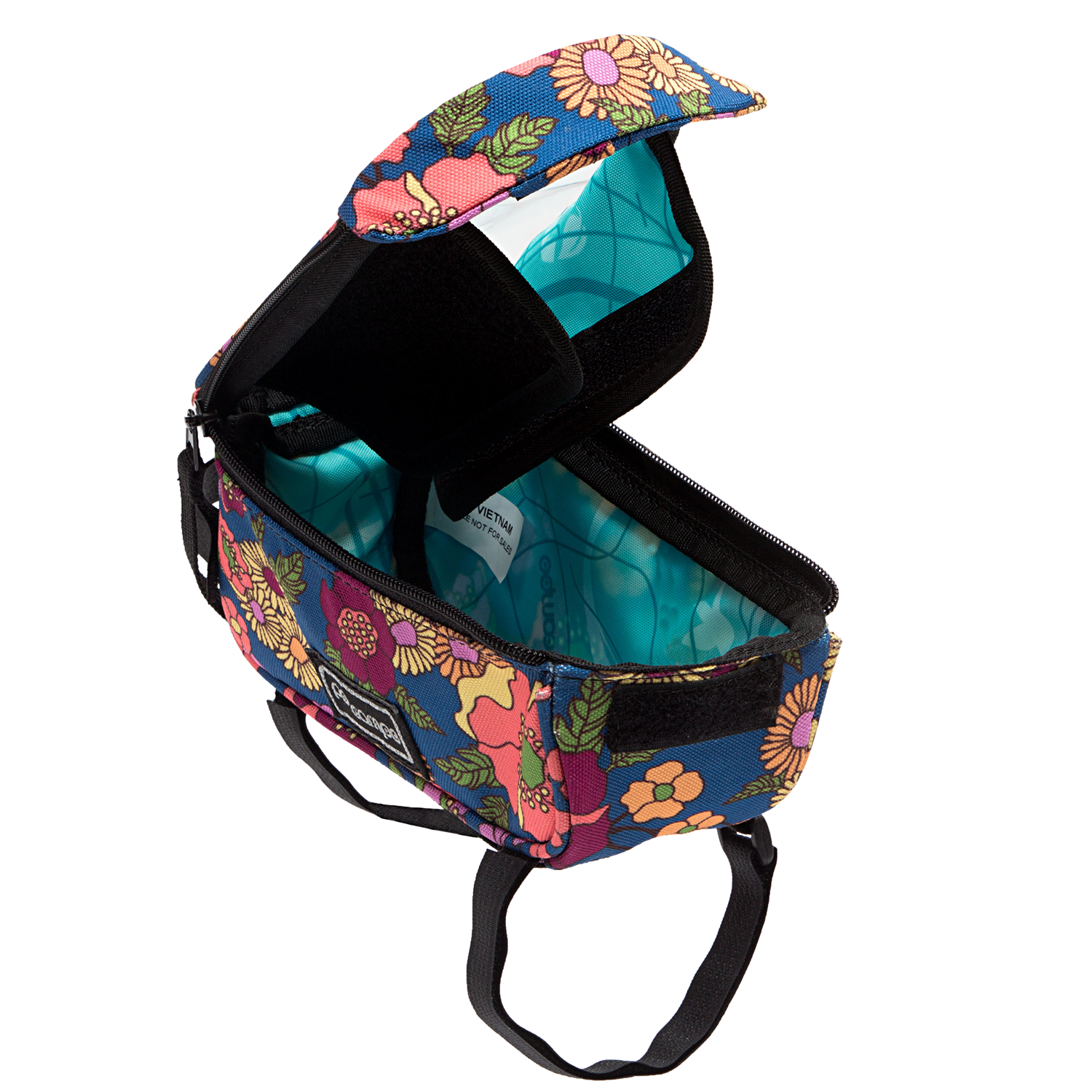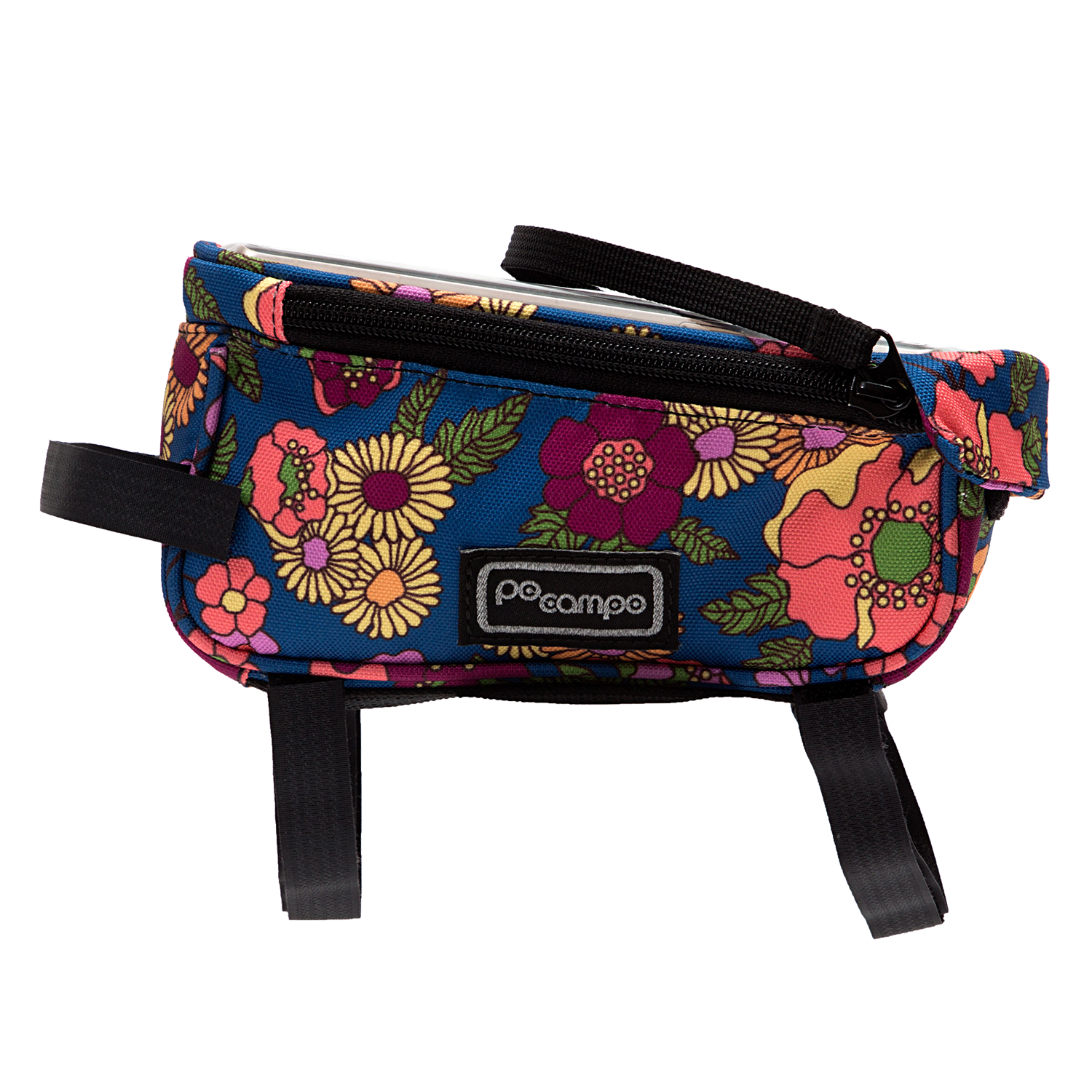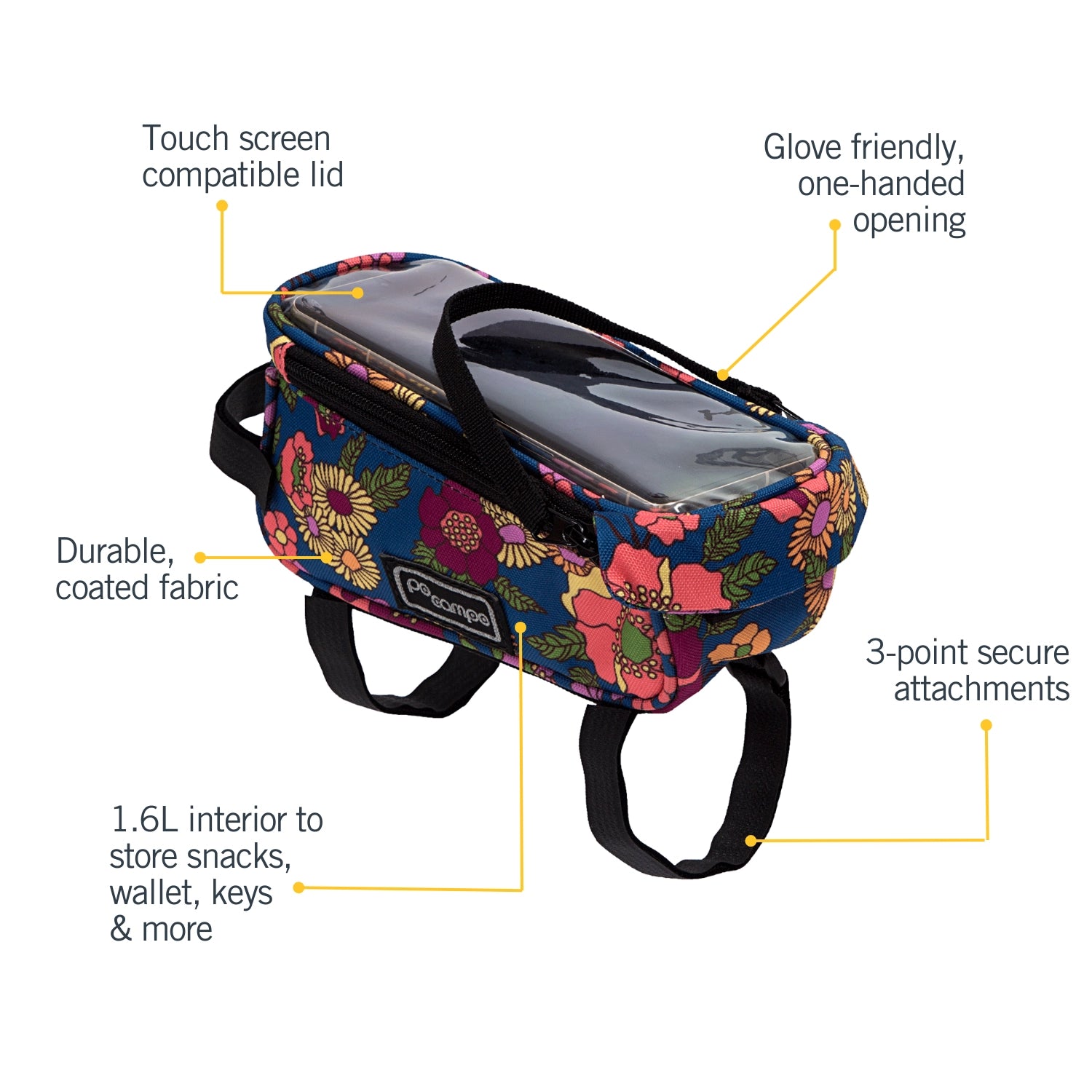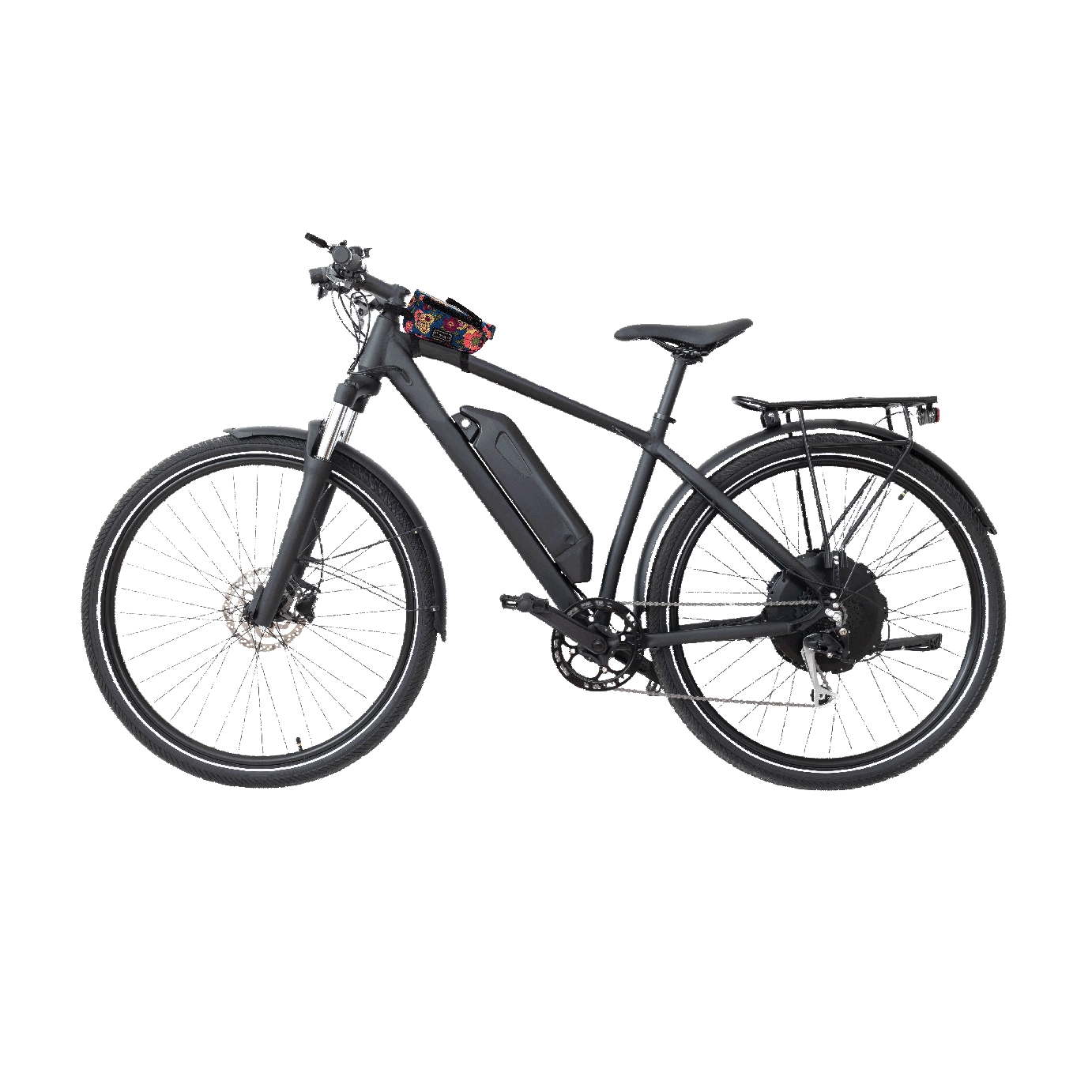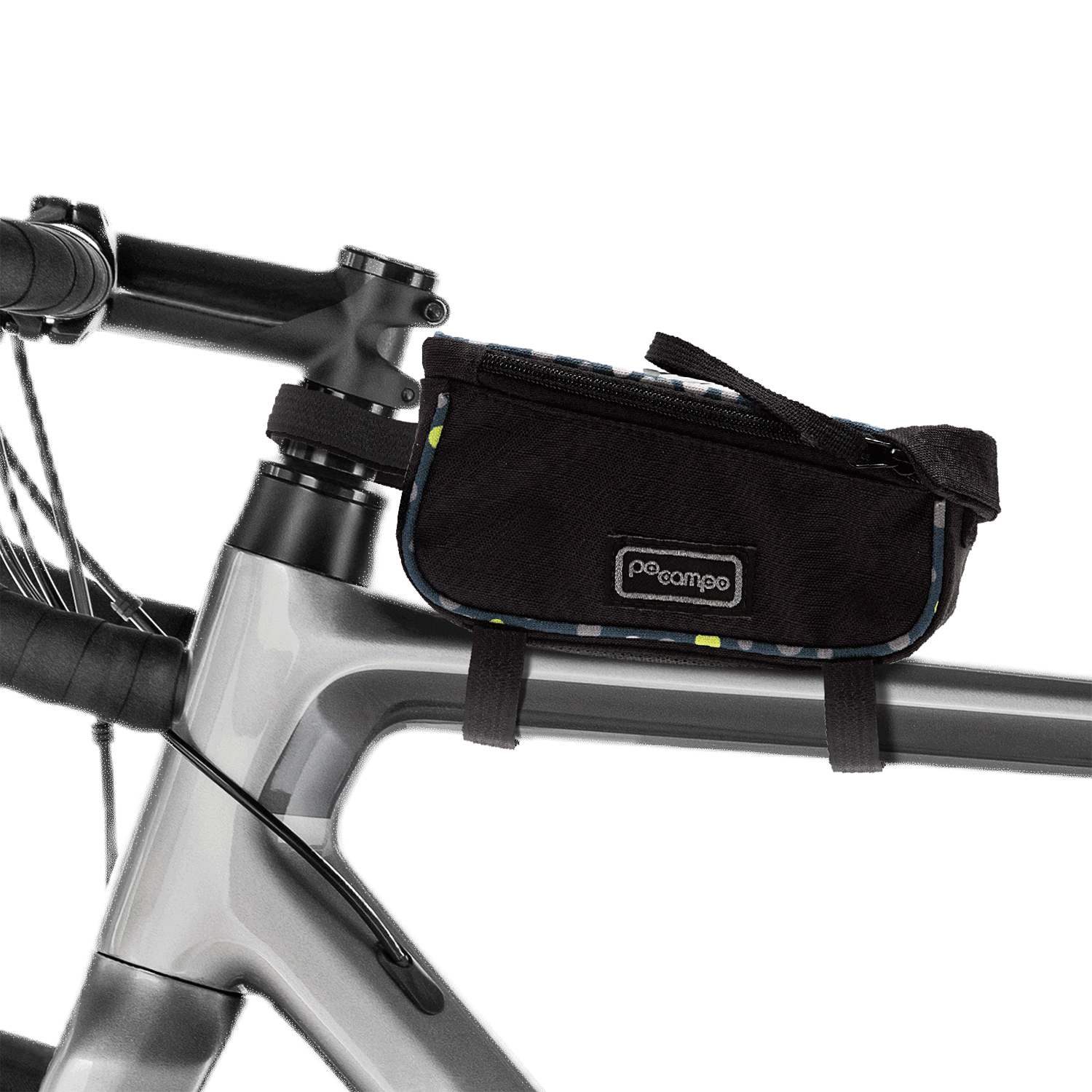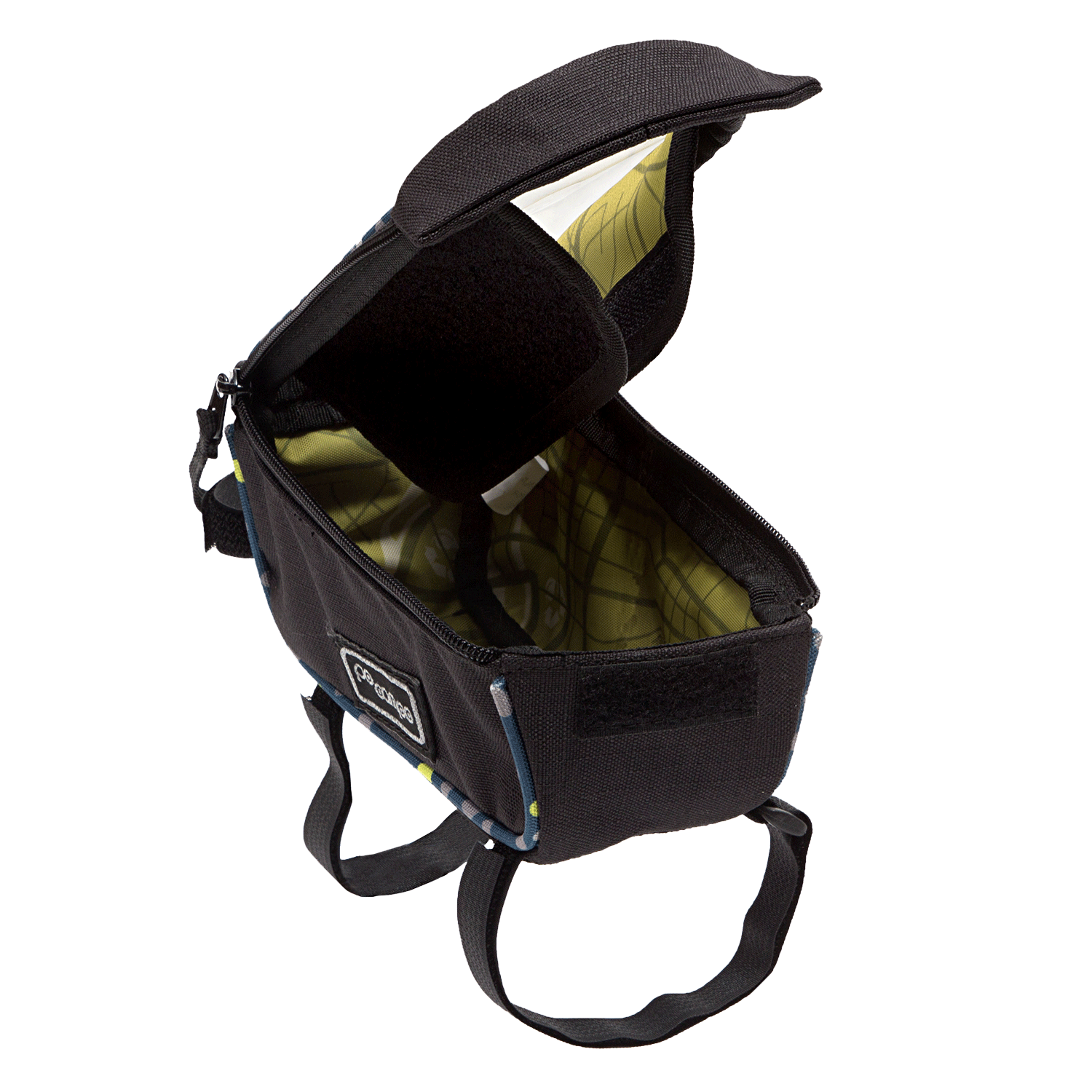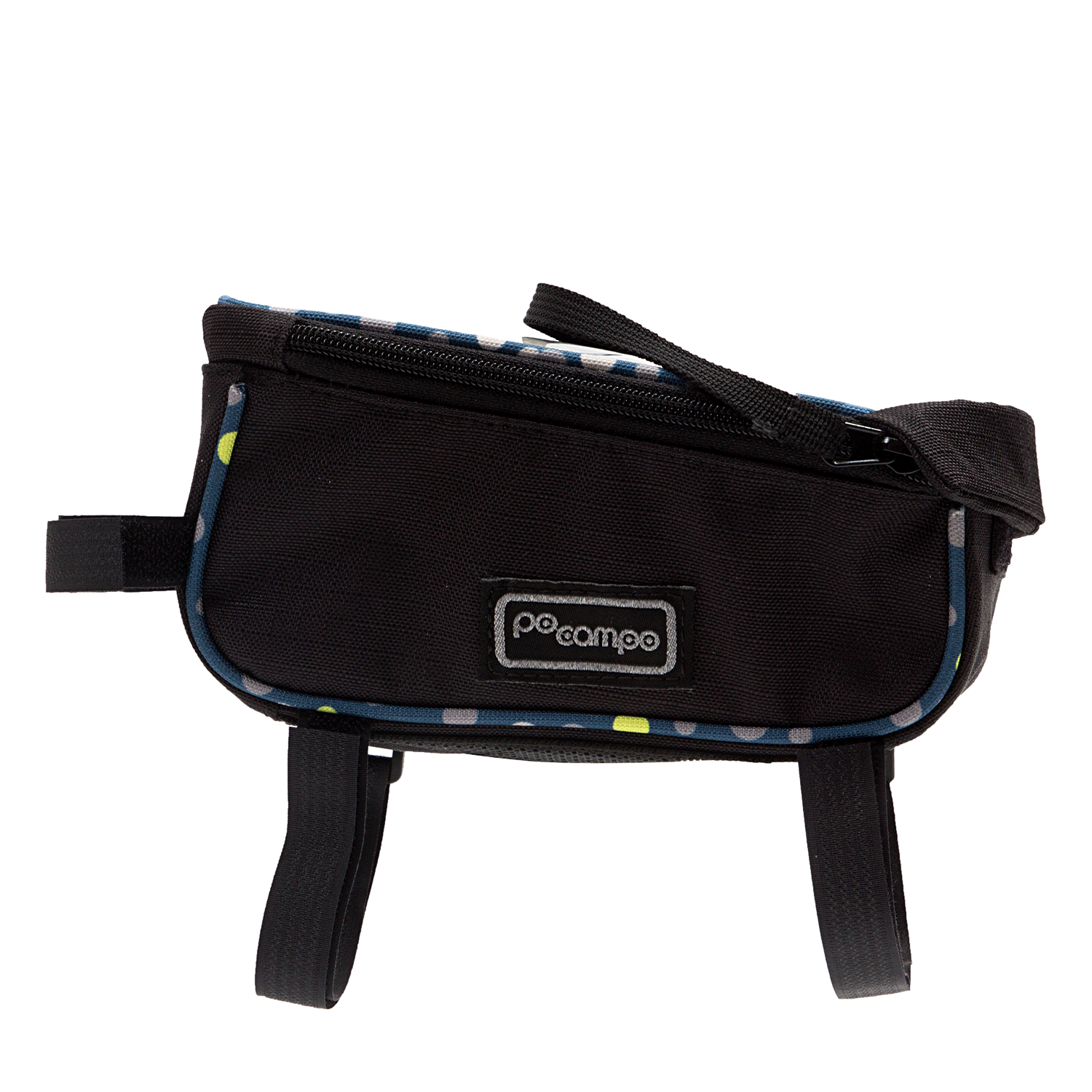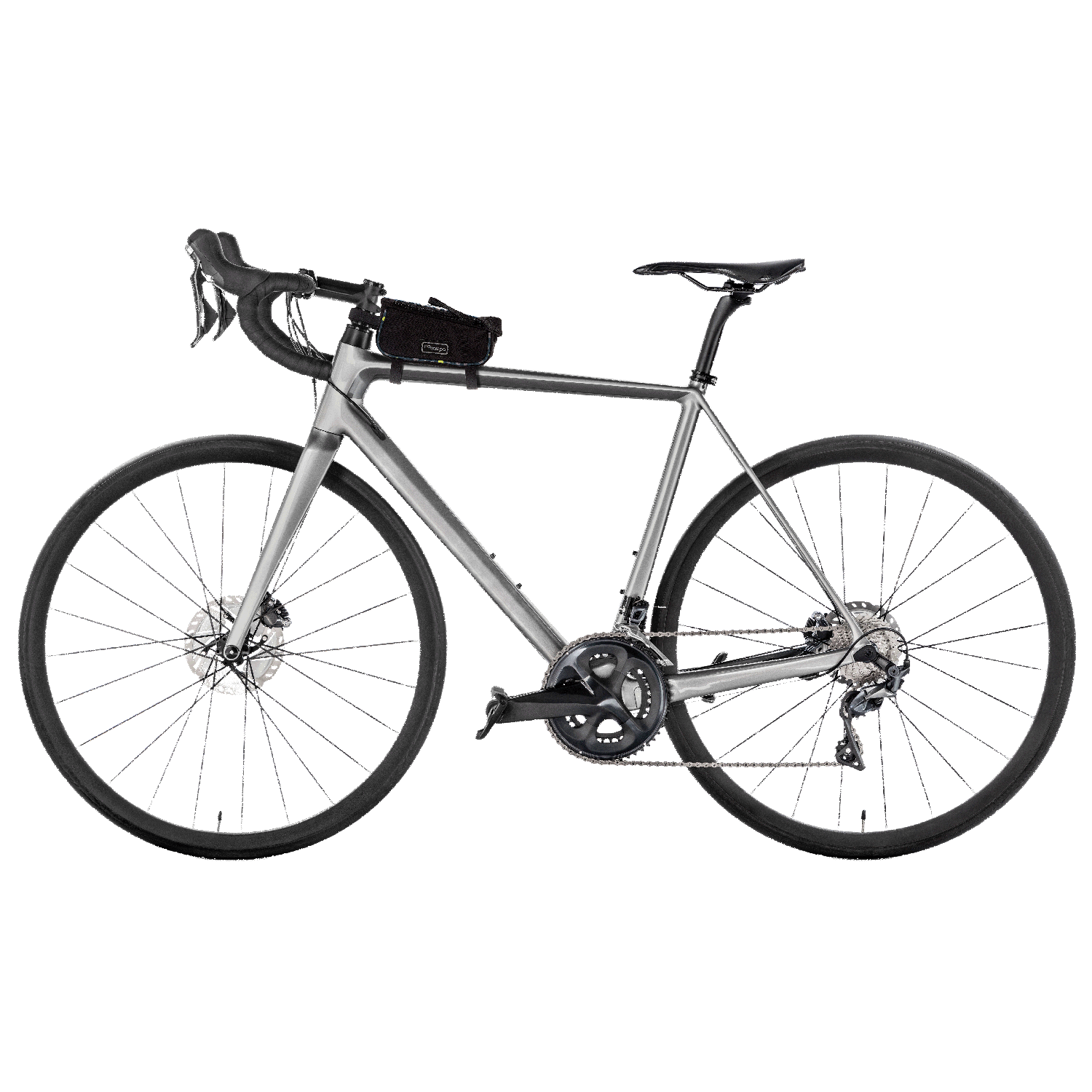Last week I was in China working on new Po Campo products and visiting with my suppliers. The company that helps me develop and manufacture our bike bags likes our product and brand a lot, so it's fun to show off new samples to people around the office, and give demos about how bags attach and detach to your bicycle.
One question I frequently get asked is "Why don't you sell to the Chinese market? Everybody bikes here, and the market is huge". Both of these things are true. You can't help notice how many people bike, even in sweltering temperatures. And with its five largest cities all over 10 million people, the Chinese market is indeed colossal.
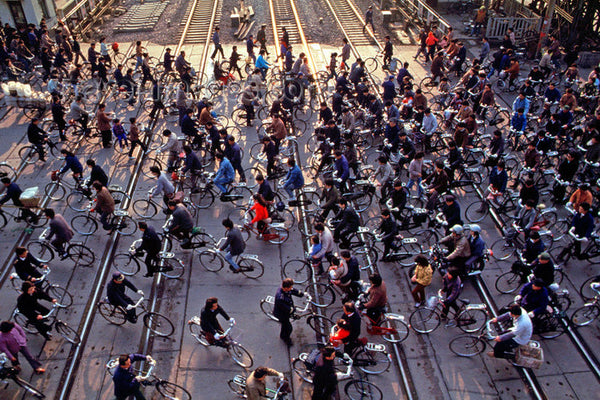 (Image source)
(Image source)
I always reply with something along the lines of the market isn't quite ready – yet. Isn't there something about how people in emerging economies aspire to car ownership as a sort of status symbol? That it's not until car ownership is common and cities are choked with traffic that getting back on your bike seems cool again? That it's not until you rediscover the pleasure of bike riding that you look for cool bike accessories to make your ride even more enjoyable? But seeing so many people biking made me wonder if these assumptions were true. I decided to investigate a little bit.
The Kingdom of Bicycles
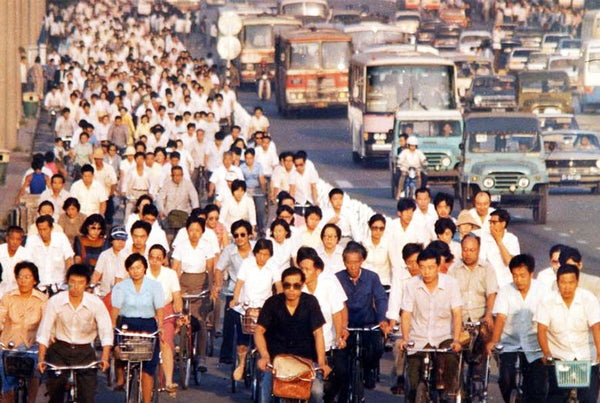 (image source)
(image source)
China was once called the "kingdom of bicycles". But, as the Chinese developed a taste for consumerism, and acquired more wealth to satisfy its appetite, the bicycle began to become a symbol of backwardness, or something to leave behind as you became more prosperous and successful. Atlantic magazine's 2012 piece The Bicycle as Symbol of China's Transformation tells of a contestant on a dating show who was asked if she'd like to take a romantic bike ride. She famously answered "I'd rather cry in the back of a BMW than smile on a bicycle."
(Did you just say, "Noooo!!!"? Me too).
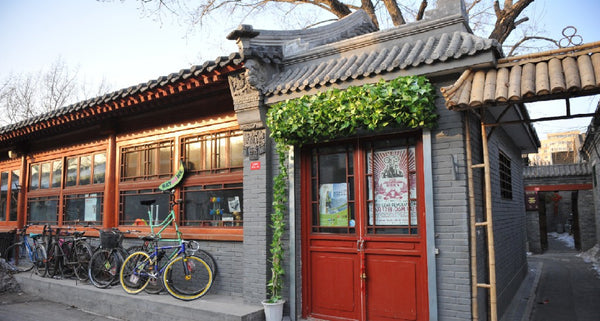 Natooke bike shop in Beijing. Owner Ines Brunn is devoted to reinvigorating China's bicycle culture.
Natooke bike shop in Beijing. Owner Ines Brunn is devoted to reinvigorating China's bicycle culture.
Ines Brunn, a German trick cyclist who now owns the Natooke bike stores in Beijing and Chengdu, confirmed that it was hard to even ask people if they liked to bicycle when she moved to Beijing in 2004. “People were deeply offended by that question, because it meant I was regarding them as if they had no money, " she says. (source)
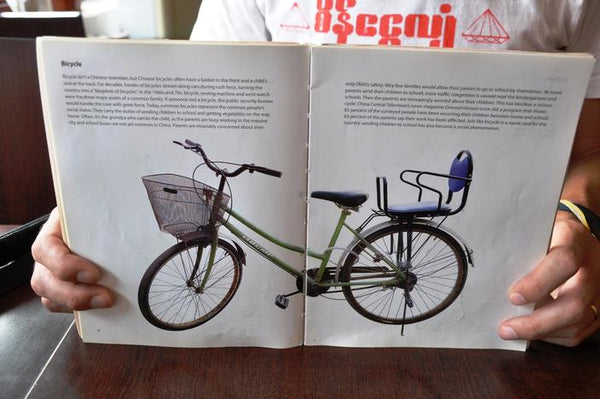 A classic Chinese bicycle (Image source)
A classic Chinese bicycle (Image source)
It's not surprising then that China's bike fleet decreased by 35% between 1995 and 2005, while private car ownership more than doubled (or quintupled in some cities) during that same time. In the office of the company I work with in China, it's true that most people drive or walk to work. Only a handful of guys bike to work, and they're lycra-clad. Sound familiar?
An Alternative to Cars
You don't have to spend much time sitting in China's insane traffic or breathing China's polluted urban air to come to the conclusion that there are already too many cars. So while private bike ownership in China may be on a decline, bike share systems across the country have exploded in popularity. There are 79 bicycle share programs in China, with more bike share bikes on the streets than the rest of the world combined (source).
Here are two videos about Hangzhou's Bike Share System, the nation's largest. The bikes are free for the first hour, and then just an additional 1 RMB (15 cents) for subsequent hours. In other words, it's essentially free.
The Biggest, Baddest Bike-Share in the World: Hangzhou China from STREETFILMS on Vimeo.
The U.S. is no Netherlands for sure, but bike infrastructure has greatly improved in cities across the country just during Po Campo's lifetime, since 2009. Therefore, it took the U.S. just under 100 years to go from celebrating the car to beginning to embrace car alternatives. I predict that China will get there much faster.
The city where my factory is, Dongguan, has bikes galore, and it just opened its first subway line while I was there. Have I tried biking yet? No. But now that I am a little more familiar with my surroundings, I think I'll be ready to try it next year. Especially if it has a bike share scheme up and running. I can just imagine making my factory visits with my Po Campo bike bag in tow.
Do you have any stories to tell about biking in China? Please leave them in the comments below.
Other Blog Posts You May Like
Behind the Scenes Look at Our Manufacturing Process


